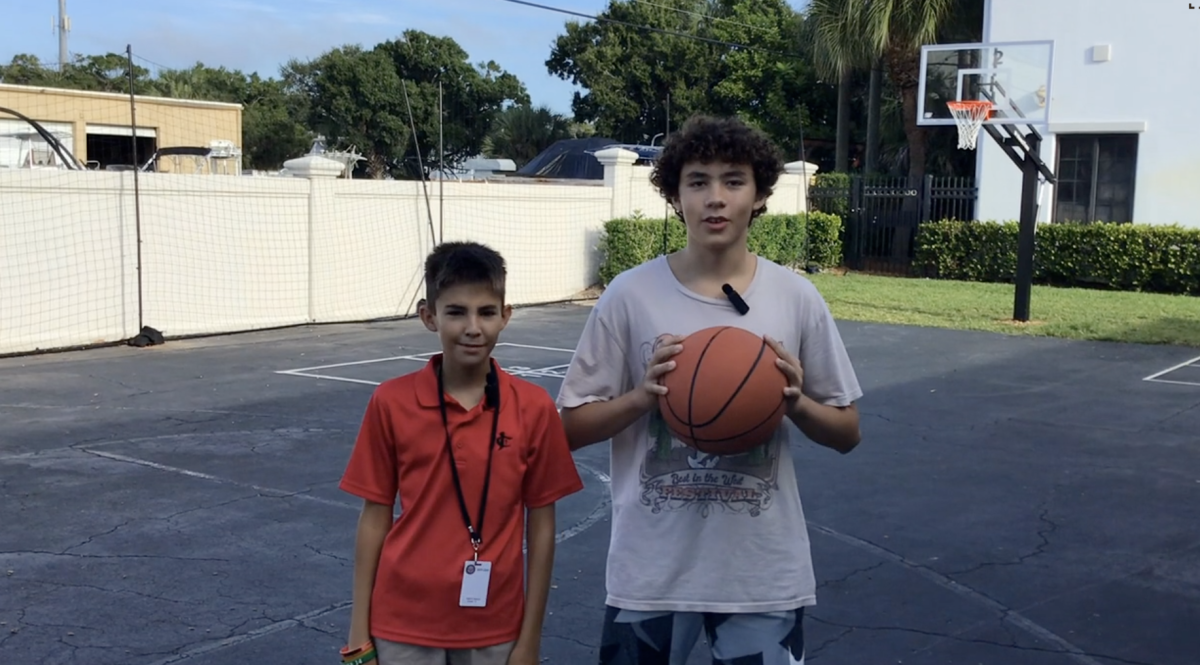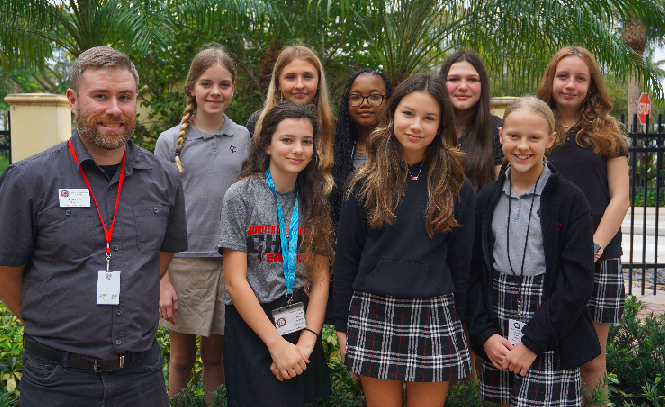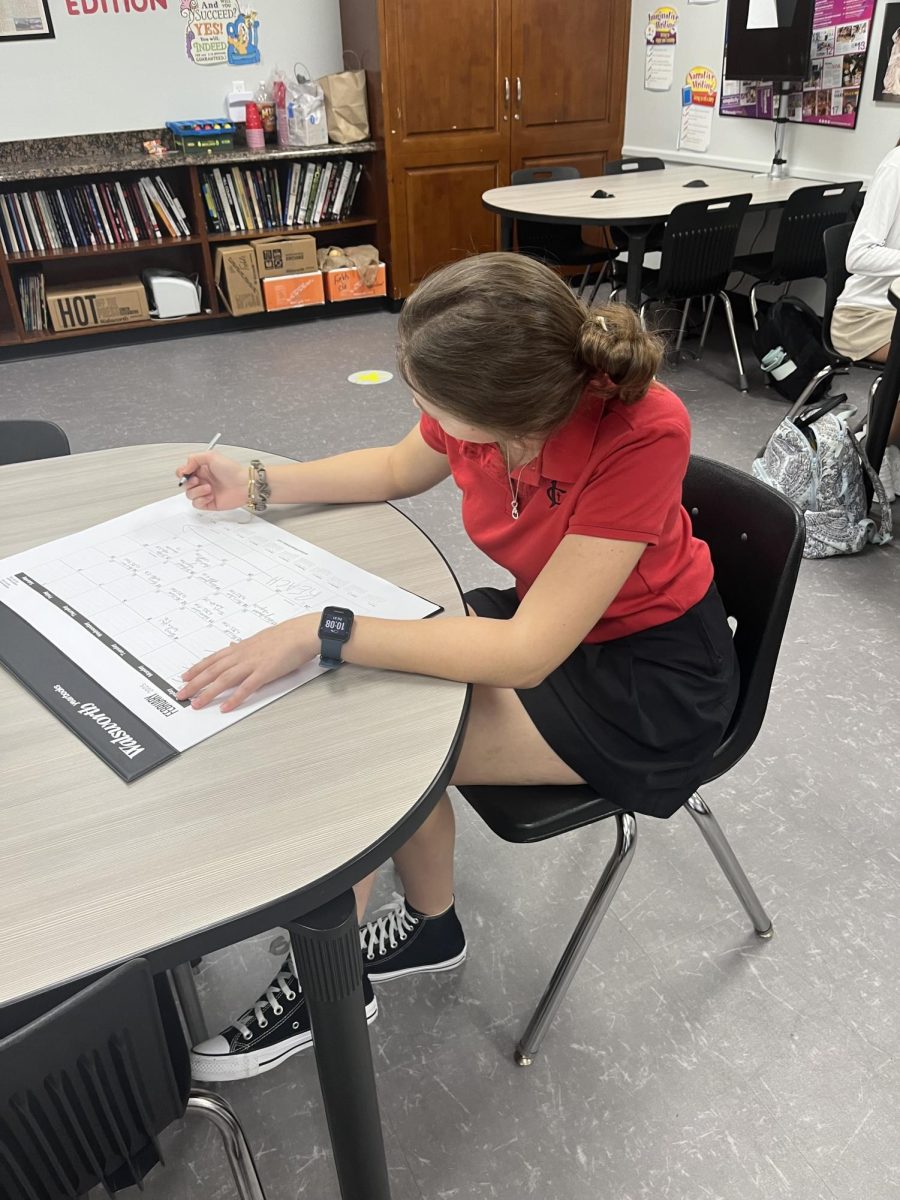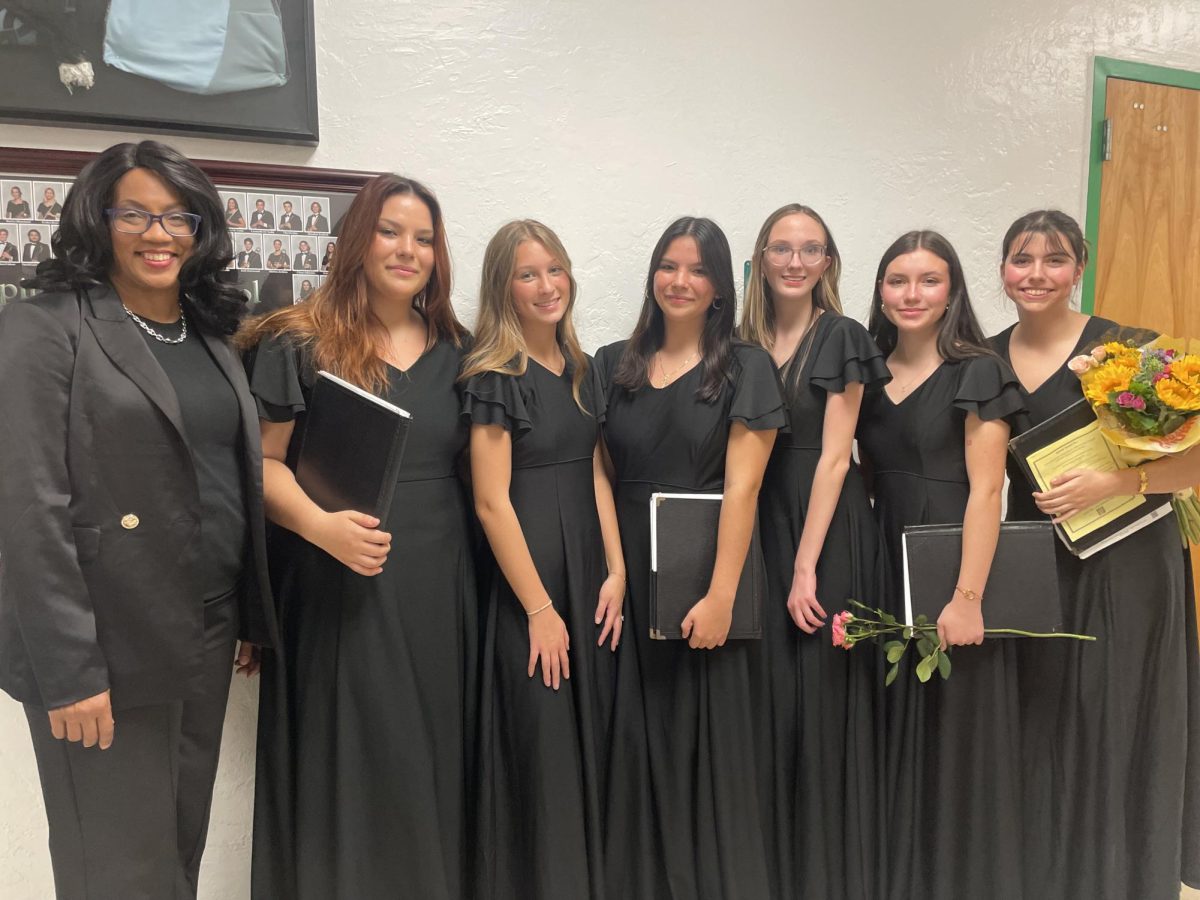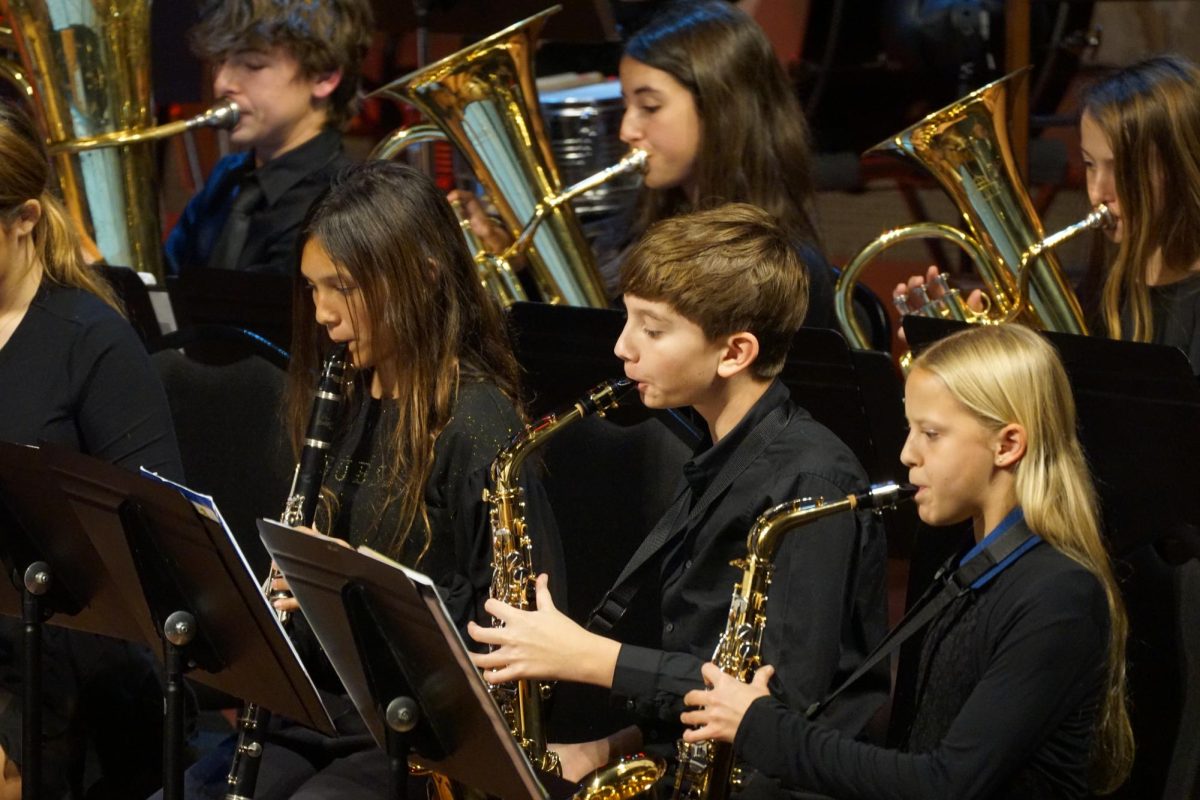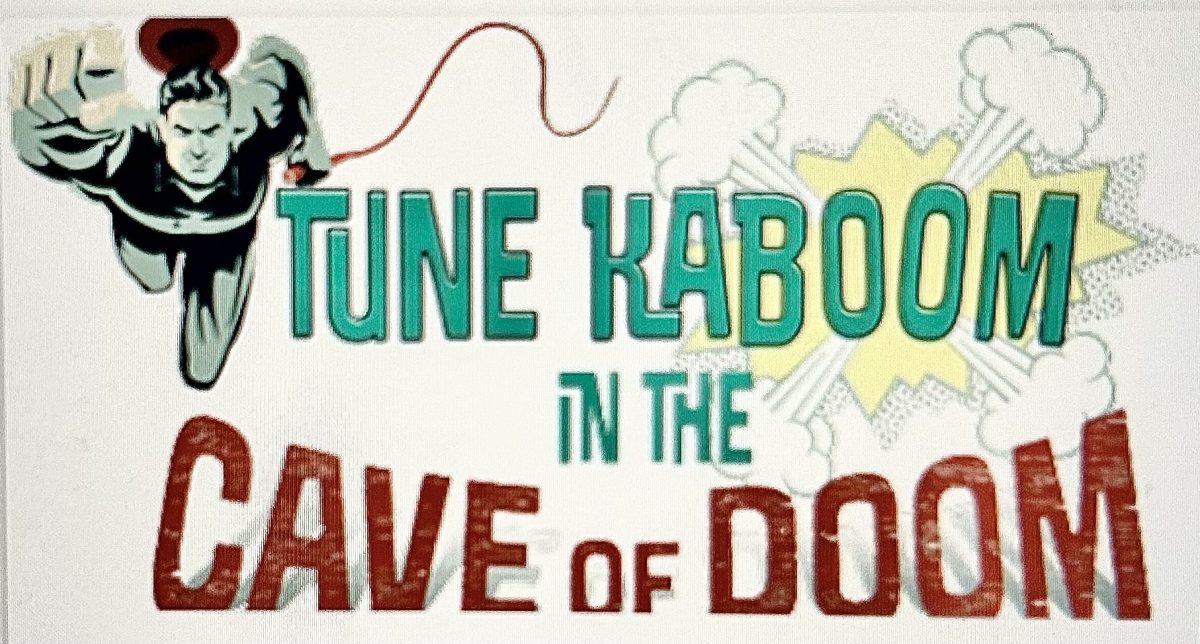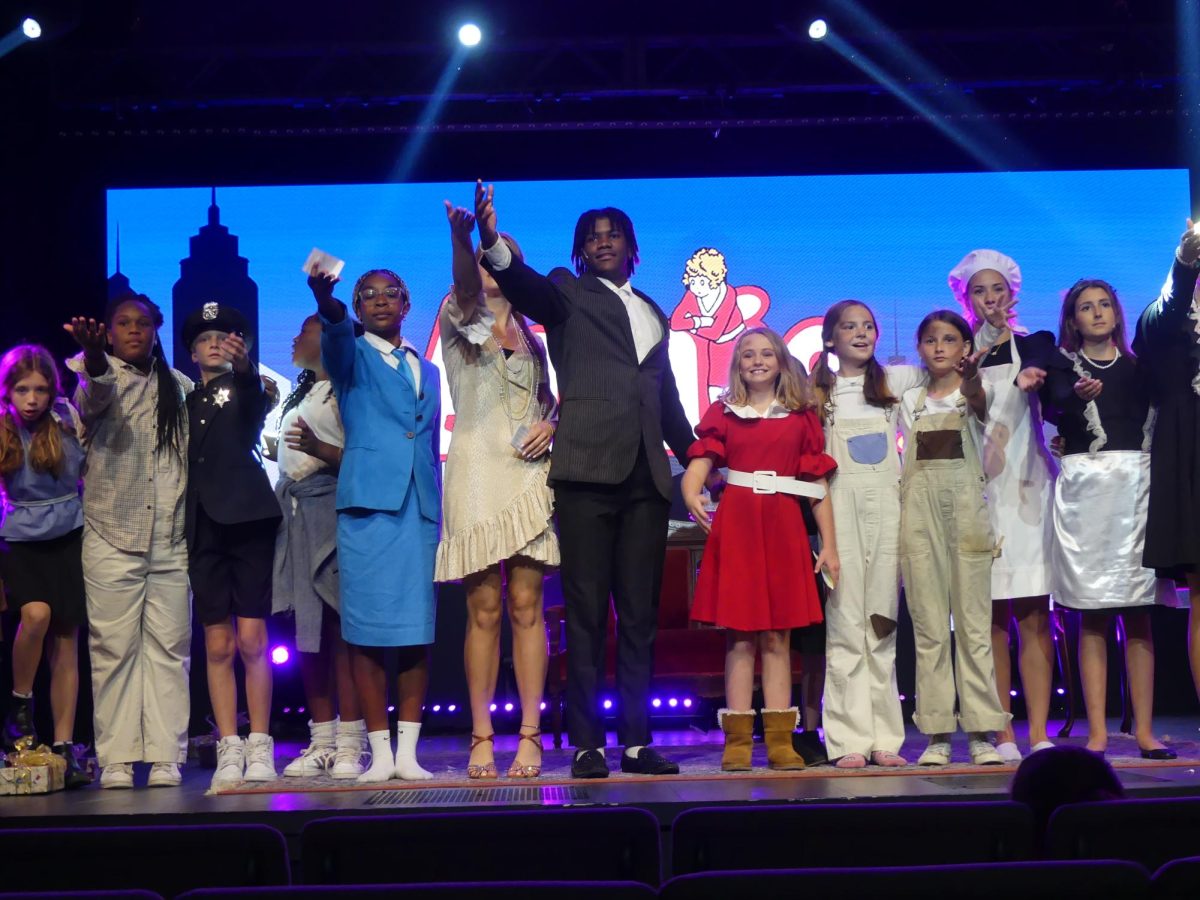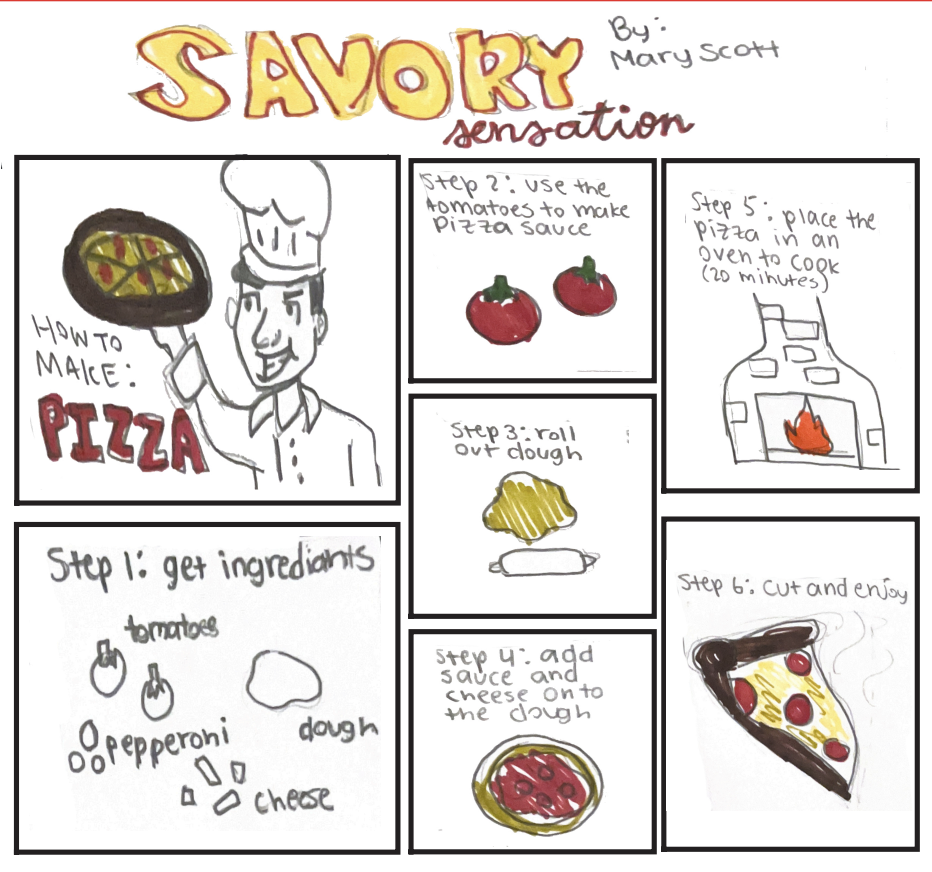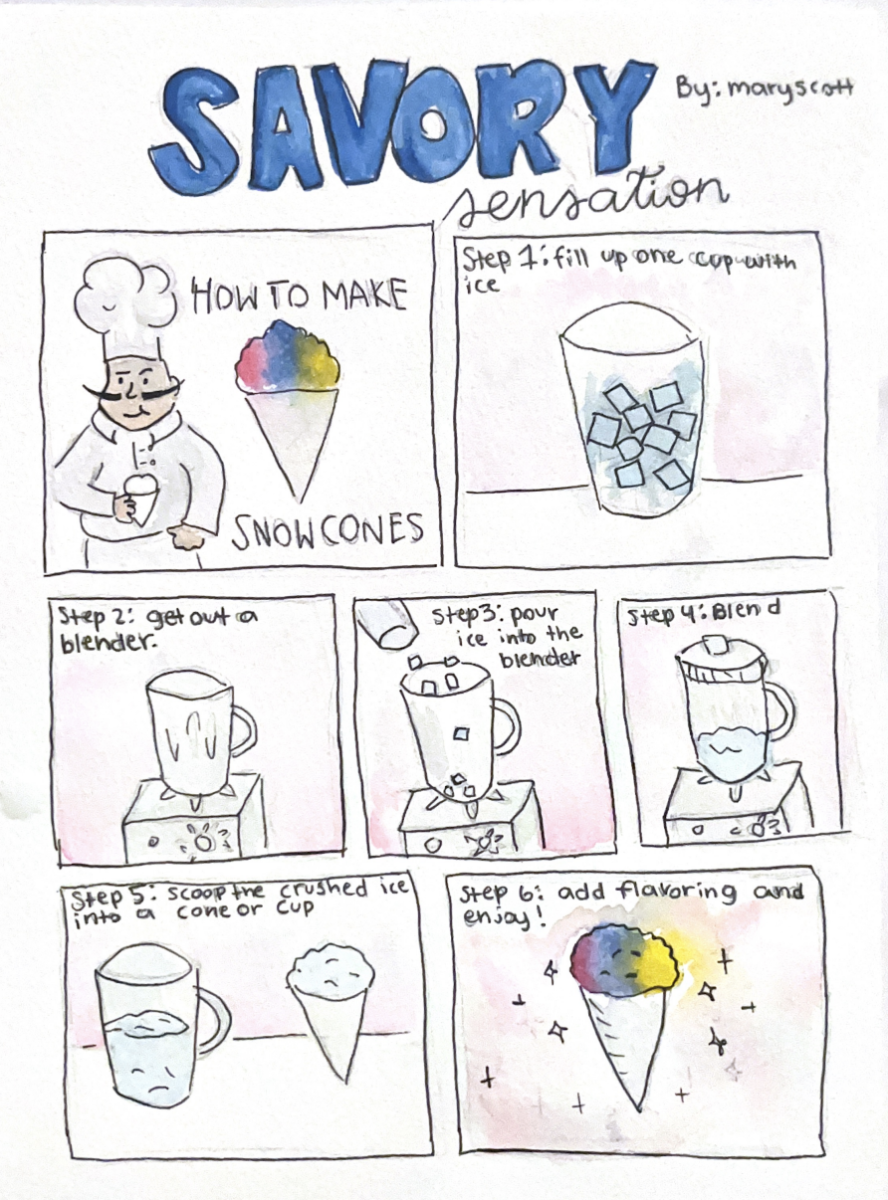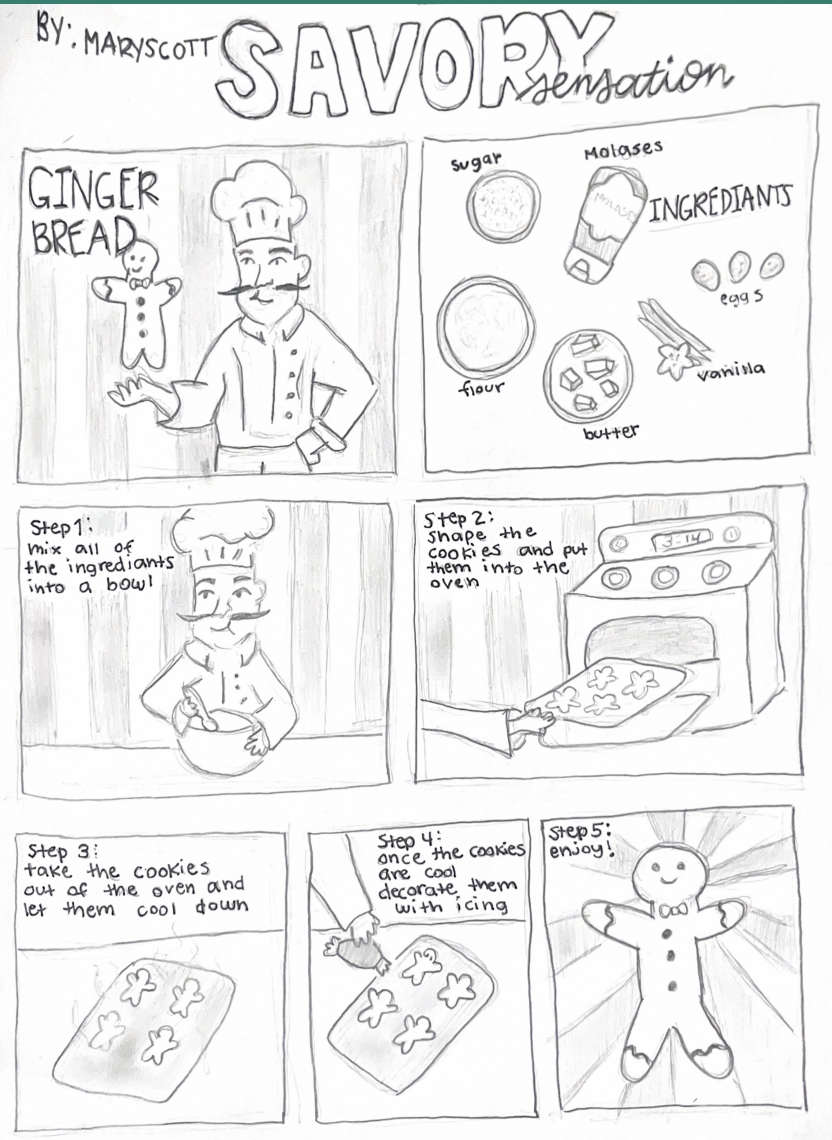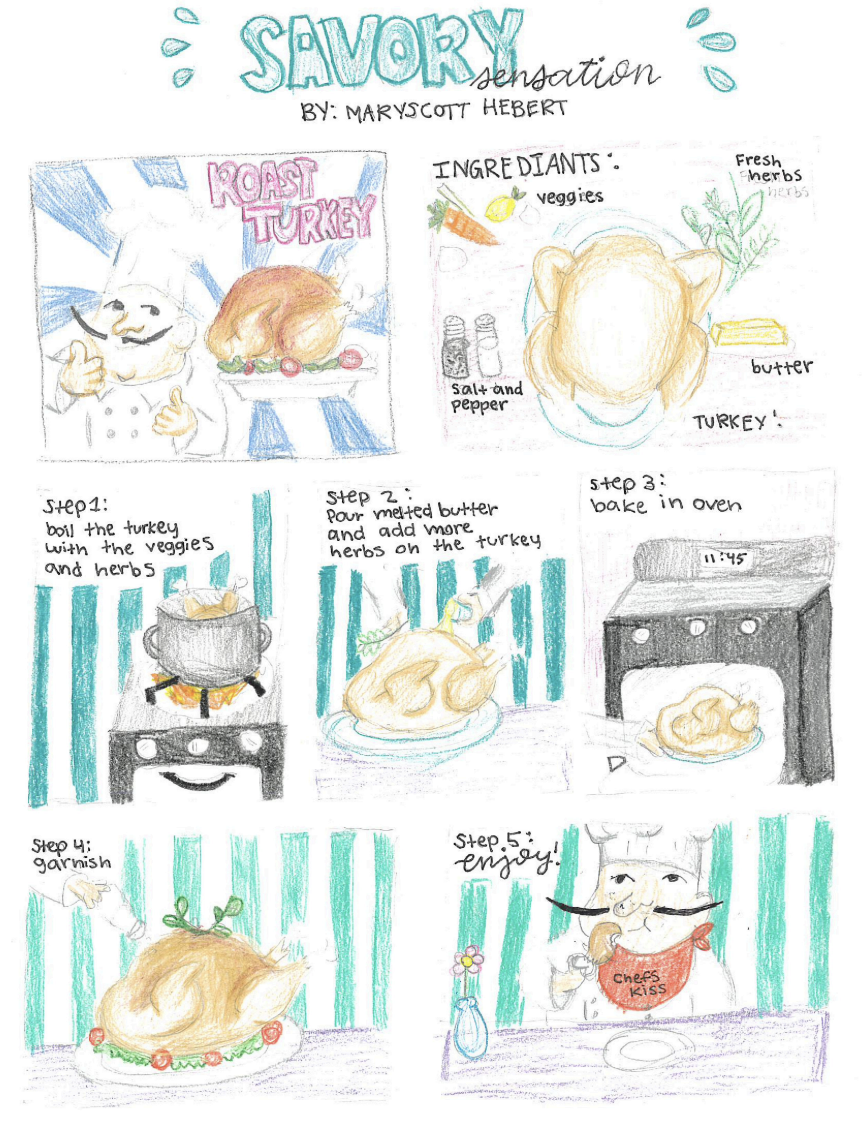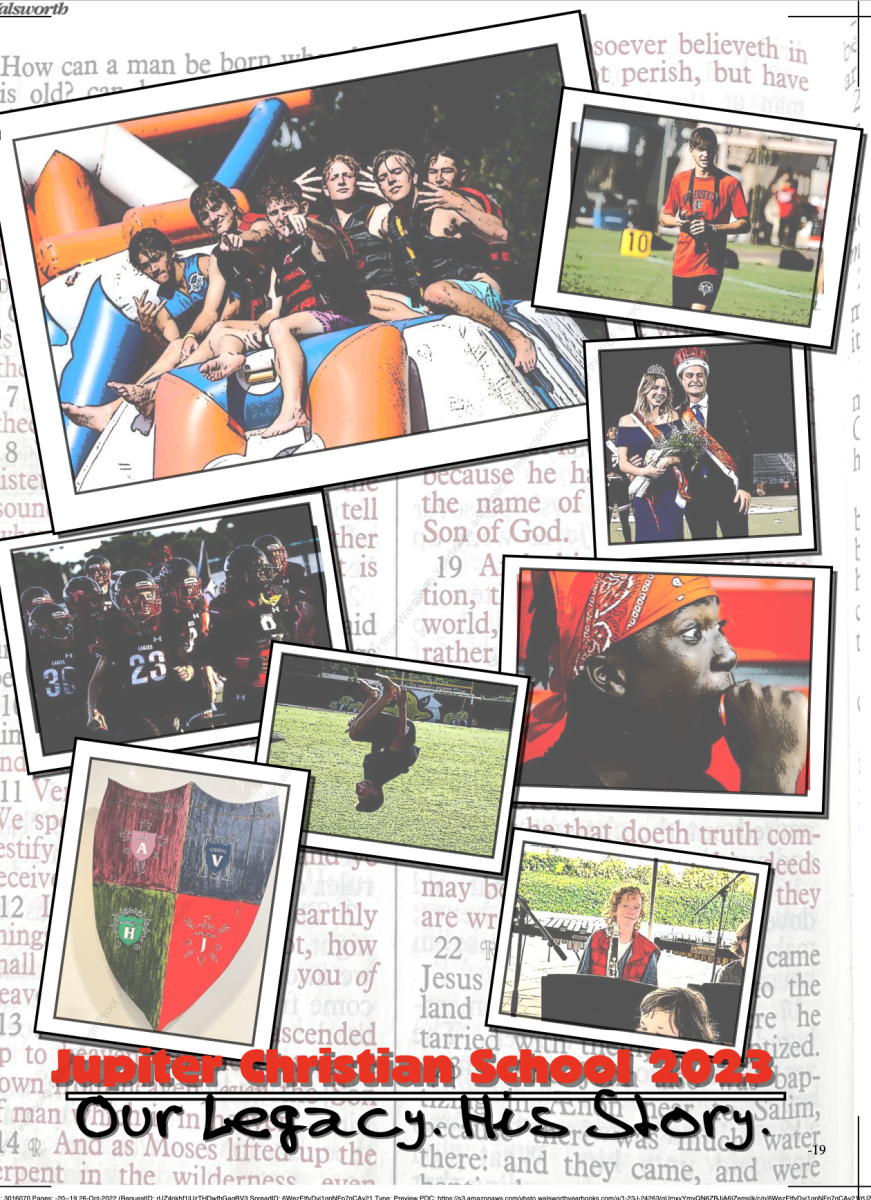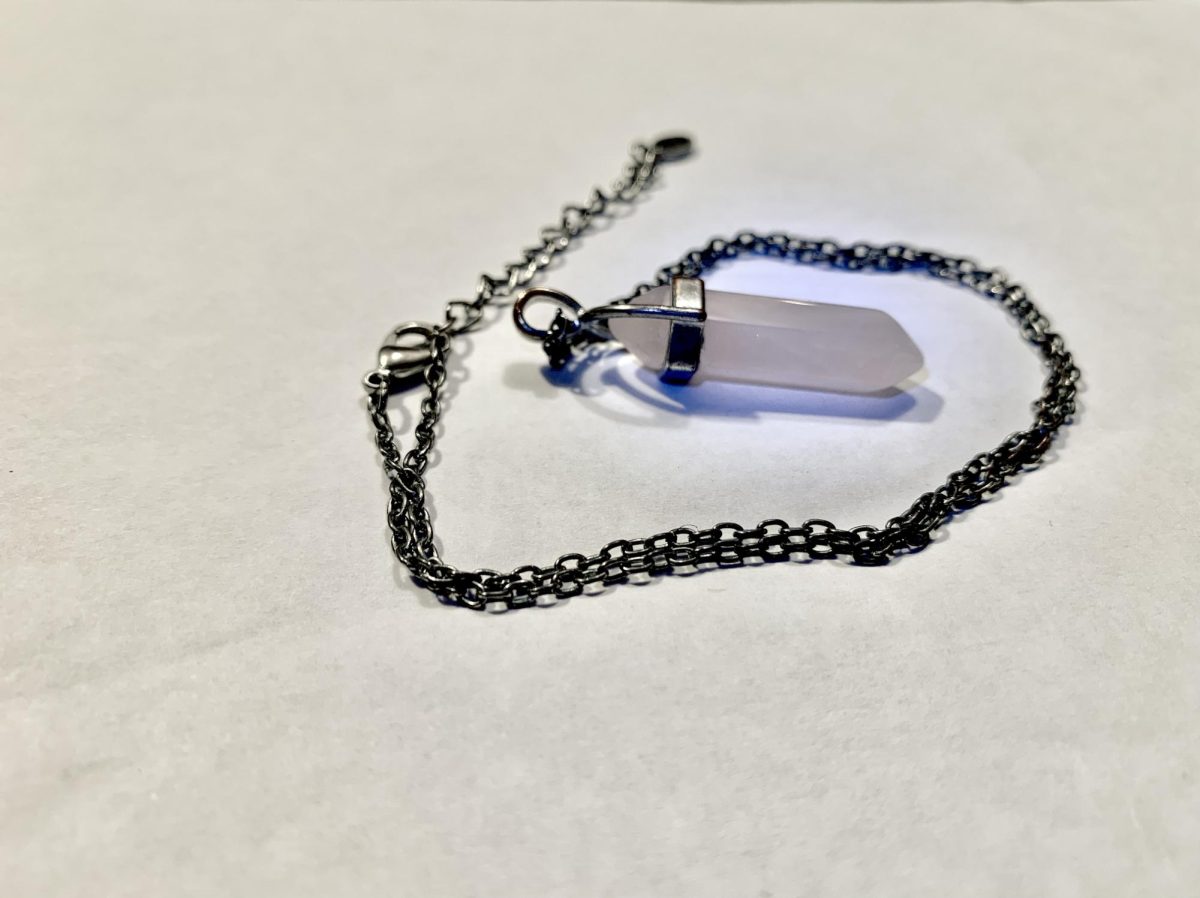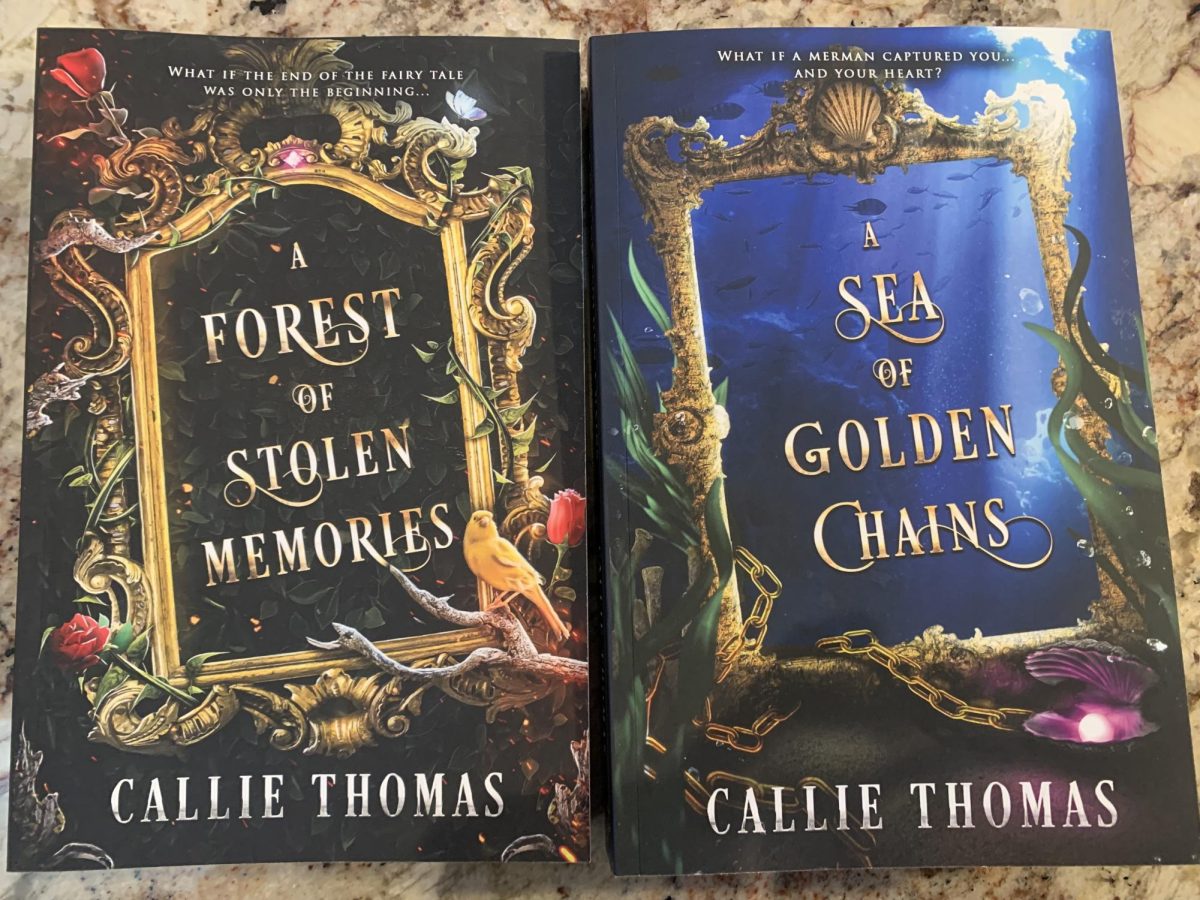JUPITER CHRISTIAN SCHOOL — Have you ever had a glass of cool lemonade on a hot summer day and felt refreshed? That is the feeling I get whenever I read a good book.
Florida-based author Hayley Whiteley’s debut fantasy novel, Ink and Ore, was like a glass of lemonade for me: sweet with some sips but maintaining a hint of sour lemon with others. There were many aspects of the novel that I enjoyed immensely, yet some paragraphs still show some room for writing growth that I know will come with future novels.
The first several chapters, were simply acting out the events outlined in the story’s blurb, but once the stakes were raised, I regretted putting the story off. Hayley’s novel is told from the alternating perspectives of Katiel and Brenna—friends from neighboring countries—and occasionally the perspective of Dakier, a close friend and love interest from the third country on their continent.
One of the first things I liked about the novel is that it is well structured and contains political intrigue, hints of romance and layers of betrayal, unexpected twists, and life-altering choices. Another aspect of Katiel and Brenna’s story that captivated me was the world-building. The descriptions of both their countries gave me northwestern European vibes, which was fun to picture as I read. Additionally, I loved how unique the names and physical descriptions made each culture sound.
The world-building is not, however, without its flaws and there were a few aspects I wish we could have seen fleshed out a little more. For starters, I wish that the history of the Ore (akin to magic in the novel) and certain characters’ connections to it, were elaborated more. While writing this though, I know that Ink and Ore is only the first in a series of at least two novels, so more world-building is sure to follow.
Although Katiel and Brenna are the main protagonists, we are introduced to four new characters when the main trio (Katiel, Brenna and Dakier) arrive in the city of Linden. With their introduction comes a wave of varying motivations, which adds another layer to the novel’s plot. That said, however, I feel that more information could have been given about Anton and Simeon, as well as their islandic homeland of New Drezchy. The only thing we are told for certain about this distant nation is that it is known for its brutality, which makes me think of the Roman Empire.
The main aspect of Ink and Ore that I liked was that it focused primarily on the quest and political intrigue, rather than the romance which is regulated to the role subplot in this novel. I do wish, however, that, in chronicling Katiel and Brenna’s quest to stop the war, Hayley had done a better job of introducing some of the characters (and thereby dropping hints of later betrayals) to make certain events more believable.
On the subject of characters, there was one main thing that irritated me: characters, who became vital to the plot, were only introduced when they became relevant, instead of setting up their character closer to the beginning to make events more realistic. This is, however, my own personal preference and opinion, and the way that Hayley chose to tell the story did work out.
Overall, the story was enjoyable and I could definitely be persuaded to read the second book when it is released. My rating for this book is a solid four stars.
Content/Trigger Warning:
This book is marketed as a Young Adult novel perfect for fans of “Shadow & Bone meets Divine Rivals,” though it is safe to say that it is at the upper end of the YA age-range. Hayley specifically markets it as “steam with no spice,” which becomes evident with two separate kissing scenes. Both become mildly passionate, though neither goes beyond that.
As this is a novel centering around a quest to stop a war, there are mentions of blood, (somewhat) violent death, assassination, torture, and drowning. Very little happens on-page, however it would be best to keep this in mind while reading.
Disclaimer:
I received a free ebook copy of this novel from the author/publisher in exchange for my honest opinion. This process is called being an ARC reader (Advanced Reviewer Copy), which I have had the pleasure of doing for several different authors over the past year.
The standard disclaimer for an ARC is this: “Thank you to the author for a free ARC. This review is my honest opinion.”

